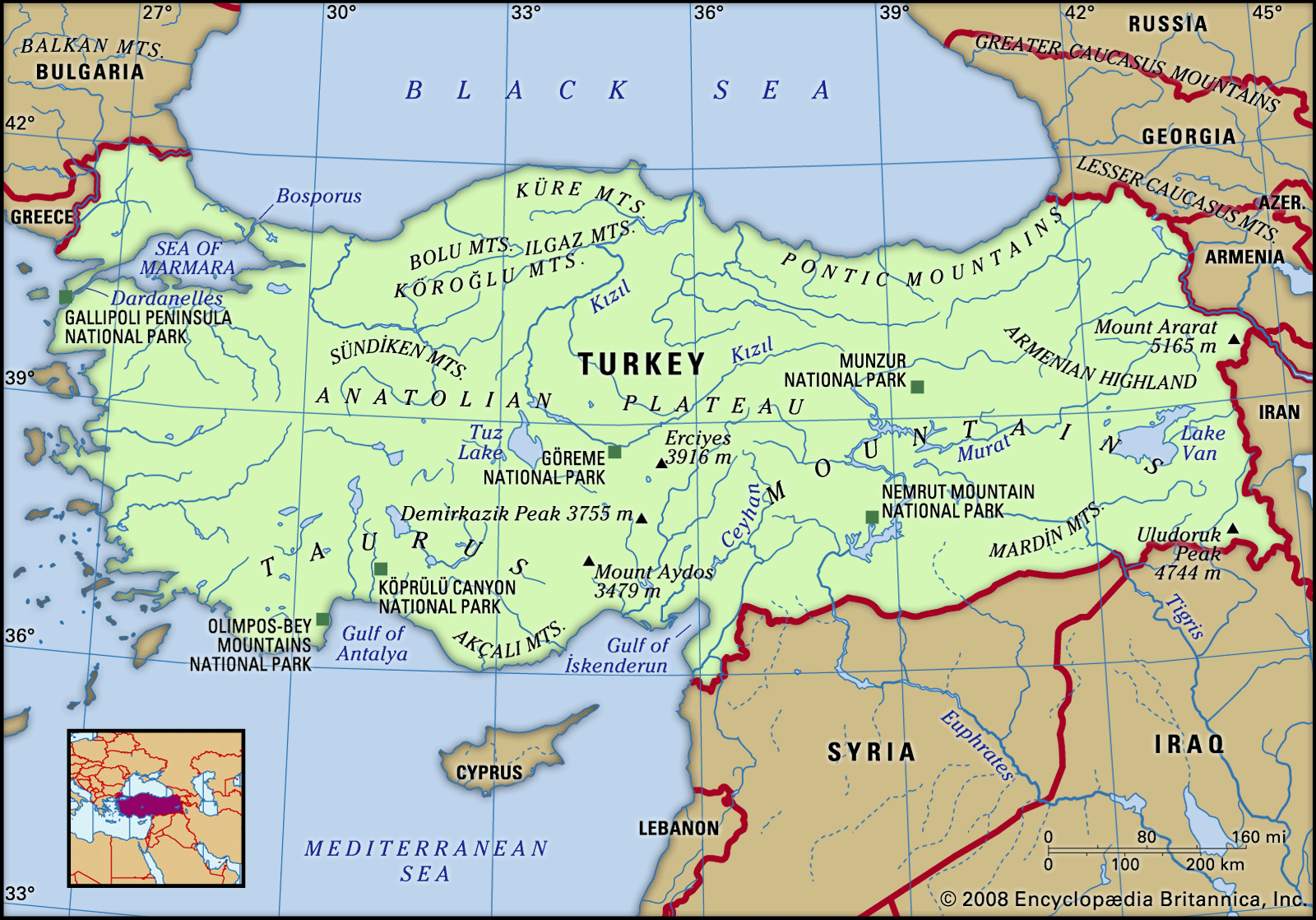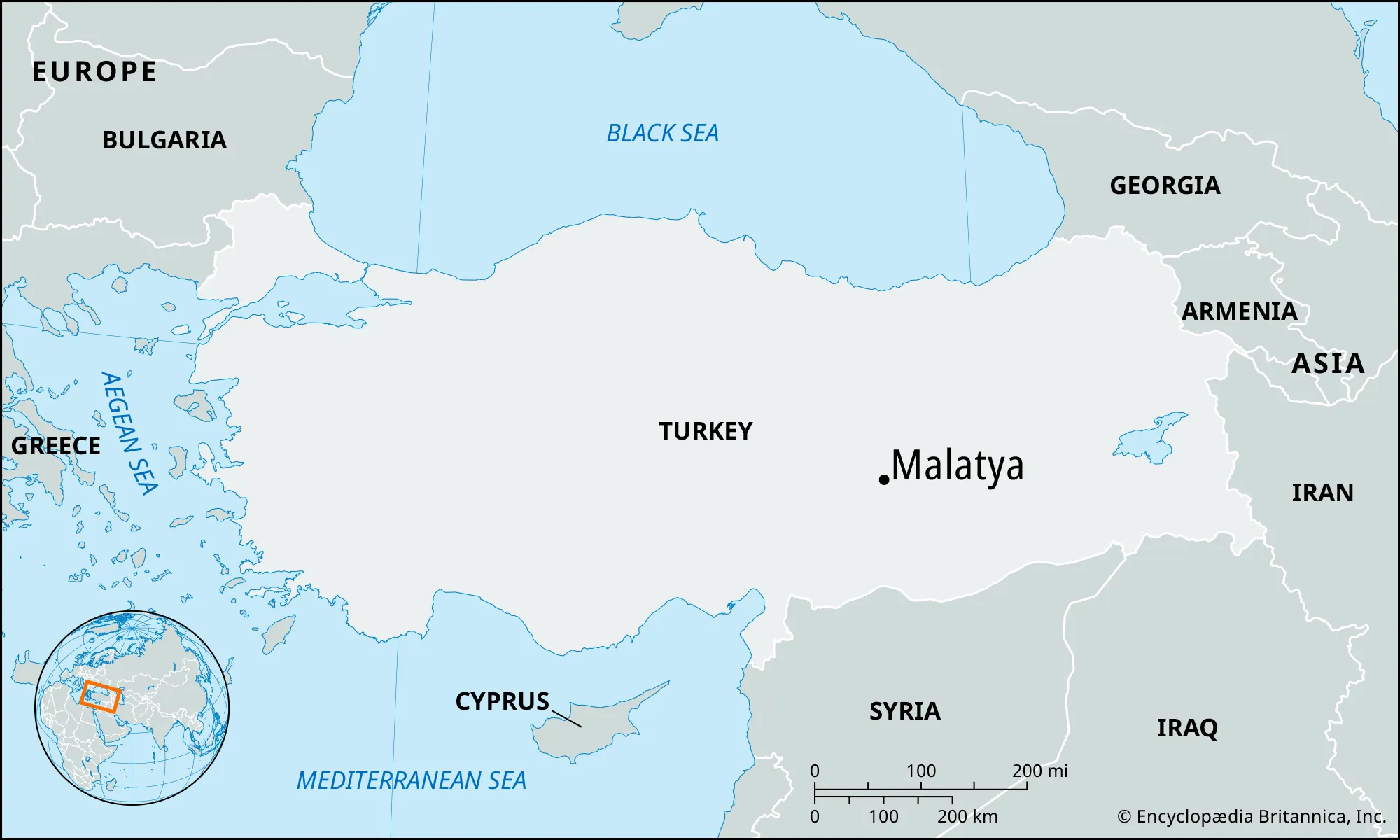Malatya, situated in Eastern Anatolia, Turkey, is characterized by a rich tapestry of local communities and ethnic groups that contribute to the city’s cultural diversity, social fabric, and historical legacy. These communities, each with distinct traditions, languages, and cultural practices, play a significant role in shaping Malatya’s identity and fostering community cohesion. This article explores the local communities and ethnic groups in Malatya, highlighting their heritage, contributions, and cultural significance within the region.
Turkish Population
The majority of Malatya’s population consists of ethnic Turks, who form the predominant cultural and linguistic group in the city and surrounding areas. Turkish culture in Malatya is deeply rooted in Anatolian traditions, culinary delights, and hospitality, reflecting a blend of historical influences from Seljuk, Ottoman, and modern Turkish periods.
Kurdish Community
Malatya is also home to a sizable Kurdish community, contributing to the region’s cultural mosaic. Kurds in Malatya uphold their distinct language, customs, and traditions, enriching the city’s cultural diversity. Kurdish culture in Malatya encompasses music, dance, cuisine, and folklore, showcasing a vibrant cultural heritage that is integral to the social fabric of the city.
Armenian Heritage
Historically, Malatya had a significant Armenian population, known for its rich cultural heritage and contributions to art, architecture, and commerce. Armenian communities in Malatya flourished before the Armenian Genocide in 1915, which significantly impacted the demographics of the region. Today, remnants of Armenian cultural heritage, such as churches and historical sites, serve as reminders of the city’s multicultural past.
Circassian and Arab Communities
Malatya is also home to Circassian and Arab communities, whose presence adds to the city’s cultural diversity. Circassians, originally from the Caucasus region, and Arabs, with roots extending across the Middle East, contribute to Malatya’s multicultural tapestry with their distinct languages, traditions, and cultural practices.
Cultural Integration and Harmony
Despite diverse cultural backgrounds, Malatya’s communities coexist harmoniously, fostering mutual respect, cultural exchange, and shared community celebrations. Festivals, religious observances, and cultural events provide opportunities for different communities to come together, celebrate diversity, and strengthen social bonds.
Socio-Economic Contributions
Each community in Malatya contributes uniquely to the city’s socio-economic landscape through entrepreneurship, agriculture, commerce, and cultural enterprises. Traditional crafts, agricultural practices, and culinary specialties passed down through generations enrich the local economy and tourism offerings.
Future Challenges and Opportunities
As Malatya continues to develop and grow, preserving cultural heritage, promoting intercultural dialogue, and ensuring social inclusivity remain essential. Community engagement initiatives, educational programs, and cultural heritage projects play a crucial role in promoting understanding, respect, and unity among diverse communities in Malatya.

Conclusion
The local communities and ethnic groups in Malatya represent a tapestry of cultures, traditions, and histories that contribute to the city’s dynamic social fabric and cultural vibrancy. By celebrating diversity, fostering cultural exchange, and promoting inclusivity, Malatya embraces its multicultural heritage and strengthens community resilience in a rapidly evolving global landscape.

